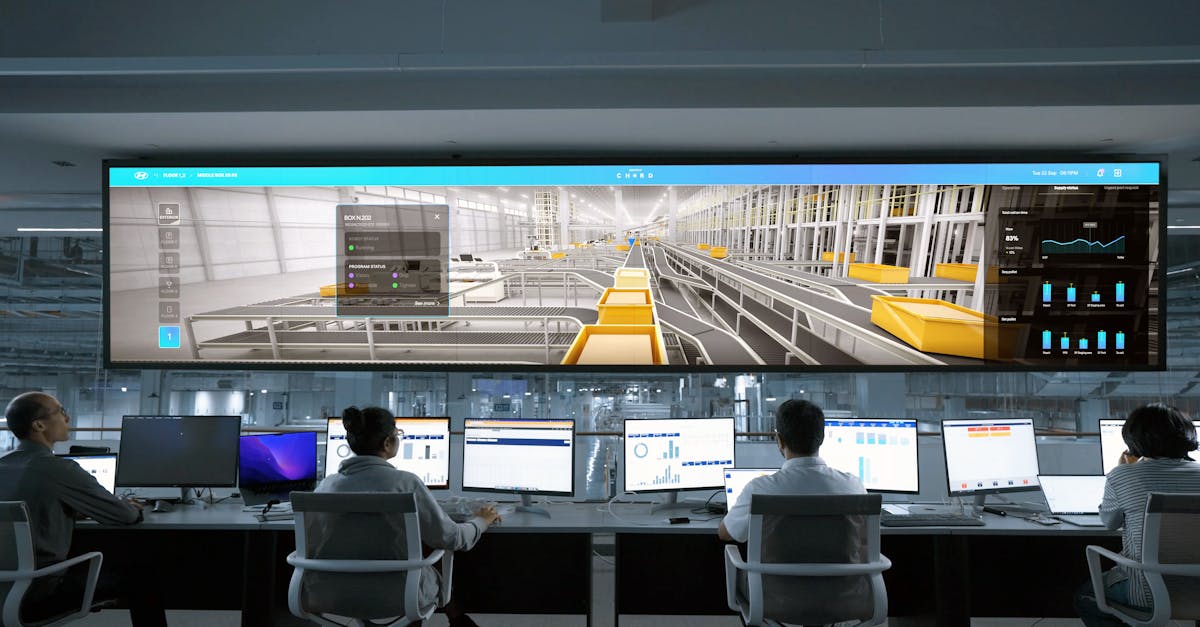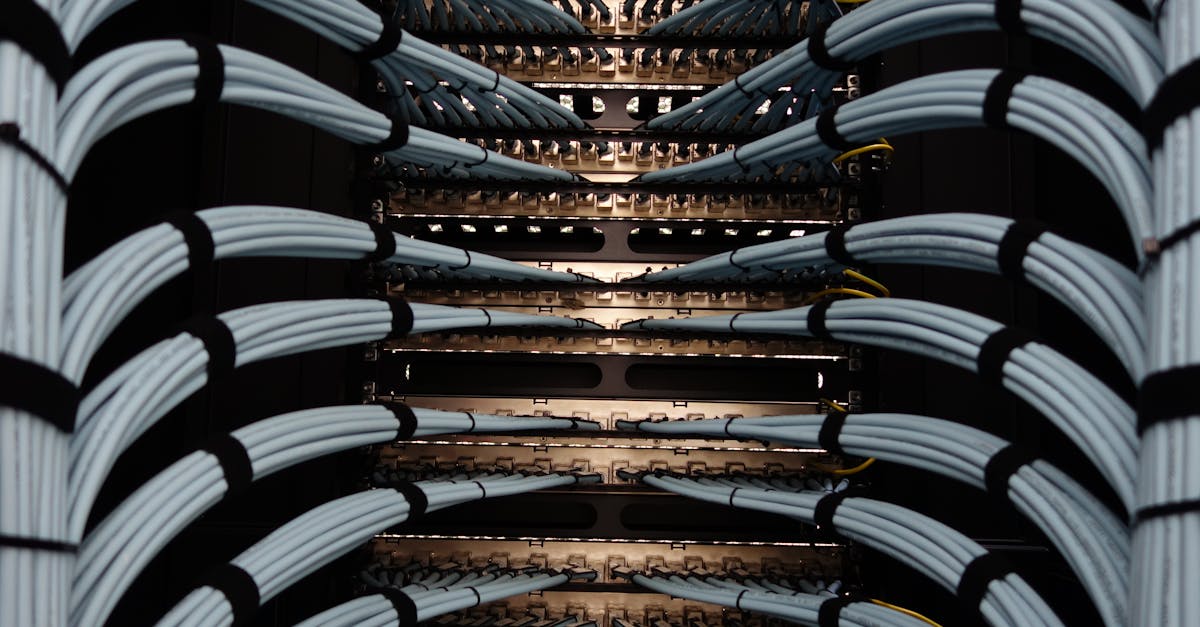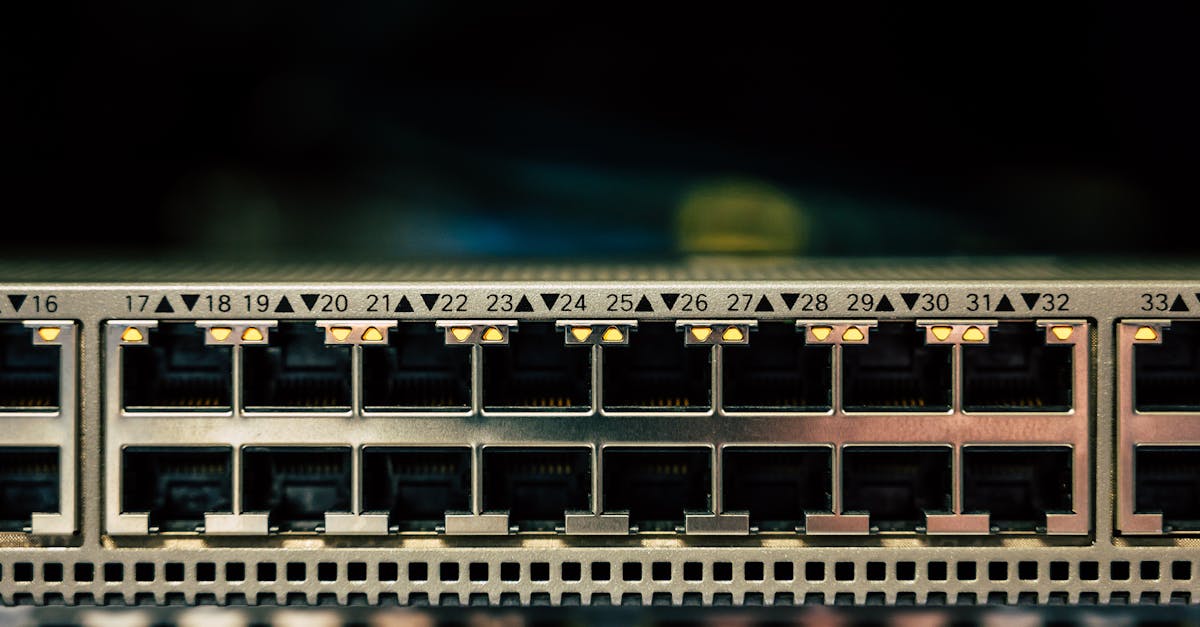The Industrial Internet of Things IIoT Opportunities and Risks
Introduction
The Industrial Internet of Things (IIoT) signifies a transformative era in manufacturing and industrial sectors, reshaping processes, increasing efficiency, and unveiling vast opportunities. Unlike traditional IoT confined to consumer devices, IIoT prioritizes connecting industrial machines and systems to achieve smarter operations. This network of smart devices leverages Big Data, analytics, and cloud computing to optimize industrial performance. However, embracing IIoT also introduces novel risks and challenges that industries must navigate. As industries increasingly integrate IIoT, understanding its potential benefits and associated threats is crucial for informed decision-making. This article delves into the promises and pitfalls of IIoT, shedding light on its role in shaping industrial landscapes.
Advertisement
Expanding Operational Efficiency
IIoT redefines operational efficiency by enhancing process control and reducing downtime. Connected sensors and machinery offer real-time data collection and monitoring, allowing for predictive maintenance and minimizing unexpected equipment failures. With IIoT, industries can foresee potential issues, addressing them before they escalate, thereby saving time and reducing costs. Such proactive management ensures minimal disruptions in operations, optimizing resource allocation. Additionally, remote monitoring capabilities provide organizations with a comprehensive view of their systems, facilitating informed decision-making. This transparency transforms the traditional industrial processes into streamlined and efficient operations.
Advertisement
Creating a Sustainable Future
A significant advantage of IIoT is its potential to drive sustainability across industrial sectors. By monitoring resource consumption and emissions, IIoT solutions enable companies to adopt greener practices and reduce their environmental footprint. Automated systems can efficiently manage energy use, leading to smarter energy consumption and reduced waste. Furthermore, IIoT encourages the integration of circular economy practices, enabling recycling and reprocessing of resources. As industries face increasing pressure to meet environmental standards, IIoT provides the tools necessary to balance productivity with ecological responsibility. Thus, IIoT not only enhances efficiency but also supports industries in becoming stewards of sustainability.
Advertisement
The Promise of Enhanced Safety
IIoT is revolutionizing worker safety by integrating advanced monitoring technologies into industrial environments. Equipped with sensors and connected devices, IIoT systems promptly detect hazardous conditions like gas leaks or temperature spikes, ensuring rapid response to potential threats. These safety protocols minimize the risk of accidents, safeguarding employees from harm and liability concerns for organizations. Automated emergency alerts and real-time data analysis enable fast and informed action during critical situations. Consequently, IIoT fosters a safer working environment, aligning with regulatory safety standards and ensuring the wellbeing of the workforce.
Advertisement
IIoT's Role in Driving Innovation
Industries adopting IIoT are at the forefront of fostering innovation through data-driven strategies. By collecting and analyzing data from various sources, IIoT empowers companies to identify trends and develop innovative solutions tailored to market demands. From optimizing supply chains to creating bespoke production models, the insights gleaned from IIoT data drive competitive advantage. Additionally, with AI integration, industries can simulate scenarios and predict outcomes, propelling research and development efforts. Embedding IIoT within business strategies not only advances existing processes but also paves the way for groundbreaking innovations.
Advertisement
Challenges in Integration and Implementation
Despite its advantages, implementing IIoT is fraught with challenges that industries must address. A significant barrier is the integration of IIoT with legacy systems, requiring extensive technological restructuring. This transition demands substantial investment both in terms of time and finances, posing a deterrent for smaller enterprises. Moreover, data interoperability remains a hurdle as disparate systems must communicate seamlessly to harness IIoT's full potential. Overcoming these challenges entails considerable planning and commitment toward successful IIoT integration.
Advertisement
Security Concerns with IIoT
One of the foremost risks associated with IIoT is security vulnerability. As industrial systems become interconnected, they become susceptible to cyberattacks, which can have disastrous consequences. Ensuring the integrity of IIoT systems requires robust cybersecurity measures to protect data and infrastructure. Implementing comprehensive security protocols involves regular system updates, monitoring, and threat assessments. Unfortunately, the rapid pace of technology can outpace security developments, presenting an ongoing challenge for industries. Effective cybersecurity strategies are paramount in safeguarding IIoT environments against malicious threats.
Advertisement
Data Privacy and Compliance
The proliferation of IIoT raises important concerns about data privacy and compliance with regulations. As extensive data collection becomes the norm, industries must navigate the complexities of data management and storage, ensuring compliance with legal standards. Safeguarding sensitive information requires adherence to stringent privacy policies and regulations like GDPR. Moreover, organizations must foster transparency and trust with stakeholders, communicating how data is collected and utilized. Balancing innovative applications of data with ethical considerations remains an ongoing endeavor as IIoT continues to evolve.
Advertisement
Future Trends and Opportunities
The future of IIoT holds tremendous potential for innovation and growth, with new technologies constantly emerging. Industries can anticipate further advancements in AI, machine learning, and edge computing to enhance IIoT applications. As markets evolve, the demand for customized and adaptable IIoT solutions will accelerate. Additionally, advancements in network protocols will facilitate faster and more secure communications, enhancing the reliability of IIoT systems. By embracing these opportunities, industries can remain competitive in an increasingly digital landscape, ensuring continued progress and profitability.
Advertisement
Conclusion
The Industrial Internet of Things stands as a beacon of innovation, promising enhanced operational efficiency, sustainable practices, and safer work environments. Despite the inherent challenges and risks, its potential to revolutionize industrial processes is undeniable. As industries across the globe embrace IIoT, a comprehensive approach addressing security, integration, and data privacy concerns is crucial. By balancing opportunities with risks, organizations can successfully harness IIoT's capabilities. Ultimately, as technology evolves, so will IIoT's role in shaping the industrial landscape, driving growth and progress in the coming decade.
Advertisement

